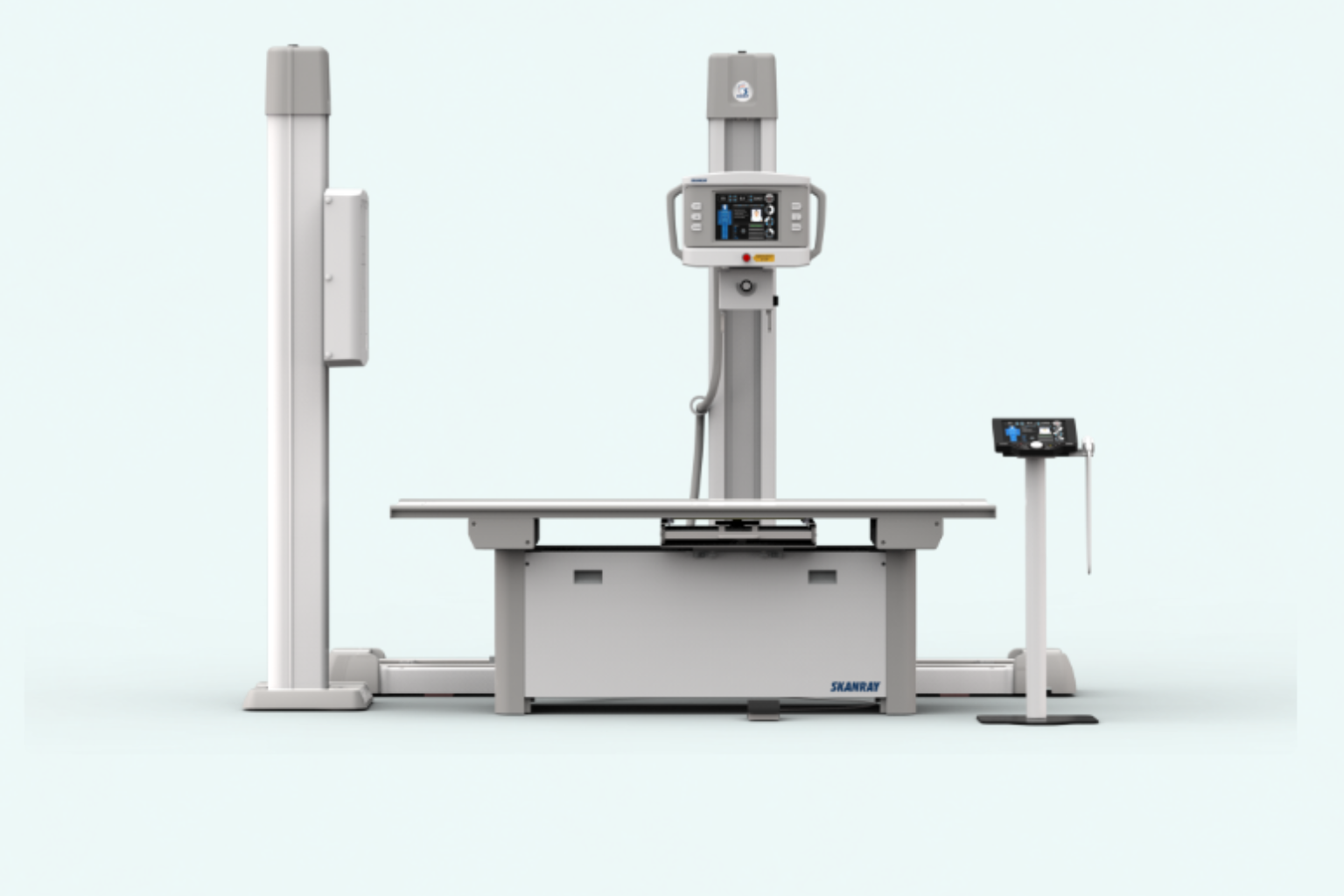- What is the science behind propensity development?
Propensity development is an interaction where ways of behaving become programmed through reiteration. The mind frames new brain connections, and over the long haul, these activities require less cognizant exertion.
- What amount of time does it require to shape another propensity?
Research recommends it takes a normal of 66 days for a way of behaving to become programmed, albeit this can change contingent upon the intricacy of the propensity and individual contrasts.
- For what reason is consistency significant in building propensities?
Consistency fortifies brain associations connected with the propensity. Customary redundancy builds up the way of behaving, making it more programmed and imbued in day to day existence.
- How do rewards assume a part in propensity development?
Rewards trigger the mind’s pleasure places, supporting the way of behaving. Uplifting feedback fortifies the association between the activity and the award, improving the probability of rehashing the way of behaving.
- What is the “signal schedule reward” circle?
This circle portrays the three-step pattern of propensity development: a sign (trigger), an everyday practice (the actual conduct), and a prize (positive result). The cycle supports the propensity over the long haul.
- How does inspiration influence propensity development?
Inspiration gives the underlying push to start another propensity. Be that as it may, inspiration alone isn’t sufficient to support propensities long haul; consistency and ecological elements assume bigger parts.
- Which job do determination and poise play in propensity building?
Resolution can help launch new propensities, yet over-depending on it might prompt burnout. Building programmed propensities lessens dependence on resolve, as activities become imbued after some time.
- Will vices be supplanted by great ones?
Indeed, persistent vices can frequently be supplanted by better choices by recognizing the signals and rewards related with the propensity and deliberately changing the daily schedule to a more useful one.
- For what reason is it essential to begin little while building new propensities?
Beginning with little, feasible advances builds the odds of coming out on top. Little wins give inspiration and gather speed, gaining it more straightforward to headway toward bigger objectives.
- Which job do ecological triggers play in propensity arrangement?
Our current circumstance firmly impacts propensities. Signals like noticeable updates or a particular season of day can set off programmed ways of behaving. Altering your current circumstance can assist with supporting positive propensities.
- Could propensities be broken or changed totally?
Indeed, propensities can be broken or changed, yet it requires cognizant exertion, time, and consistency. Distinguishing the basic triggers and supplanting the old propensity with another routine can work with change.
- What is propensity stacking, and how can it help?
Propensity stacking includes connecting another propensity to a current one. For instance, subsequent to cleaning your teeth, you could reflect for two minutes. This supports the new propensity by exploiting a generally settled daily practice.
- How really does pressure influence propensity development?
Stress can upset propensities by influencing determination and close to home guideline. It might prompt returning to unfortunate ways of dealing with stress. Overseeing pressure through care or different strategies upholds propensity building.
- What is the job of character in building propensities?
Seeing a propensity as a feature of your character (e.g., “I’m a sprinter” rather than “I run once in a while”) can make it simpler to adhere to the propensity long haul. Personality based propensities adjust activities to who you need to turn into.
- Might positive propensities at any point be infectious?
Indeed, positive propensities can spread inside groups of friends. At the point when individuals around you participate in sound ways of behaving, it can make prevailing burden and inspiration for you to take on comparative propensities.
- How do feelings impact propensity building?
Feelings, especially good feelings, can support propensities. Feeling pleased or fulfilled in the wake of finishing a propensity supports inspiration and energizes continuation, while gloomy feelings can prompt evasion or disappointment.
- For what reason really do certain individuals battle to frame propensities while others succeed?
Factors like outlook, inspiration, climate, and previous encounters impact outcome in shaping propensities. People who have a development outlook, solid emotionally supportive networks, and an organized methodology will quite often succeed all the more without any problem.
- What is the job of following advancement in propensity development?
Following advancement gives a feeling of achievement, distinguishes designs, and supports inspiration. Seeing improvement over the long run can keep people connected with and focused on their objectives.
- What are “cornerstone propensities,” and how would they influence different ways of behaving?
Cornerstone propensities are essential propensities that affect different everyday issues. For instance, practicing routinely can prompt better dietary patterns, further developed rest, and expanded efficiency.
- How does self-empathy influence propensity achievement?
Rehearsing self-empathy during mishaps energizes perseverance and diminishes negative self-talk, making it more straightforward to refocus and keep pursuing your propensity objectives.









binance us Регистрация
Thanks for sharing. I read many of your blog posts, cool, your blog is very good.